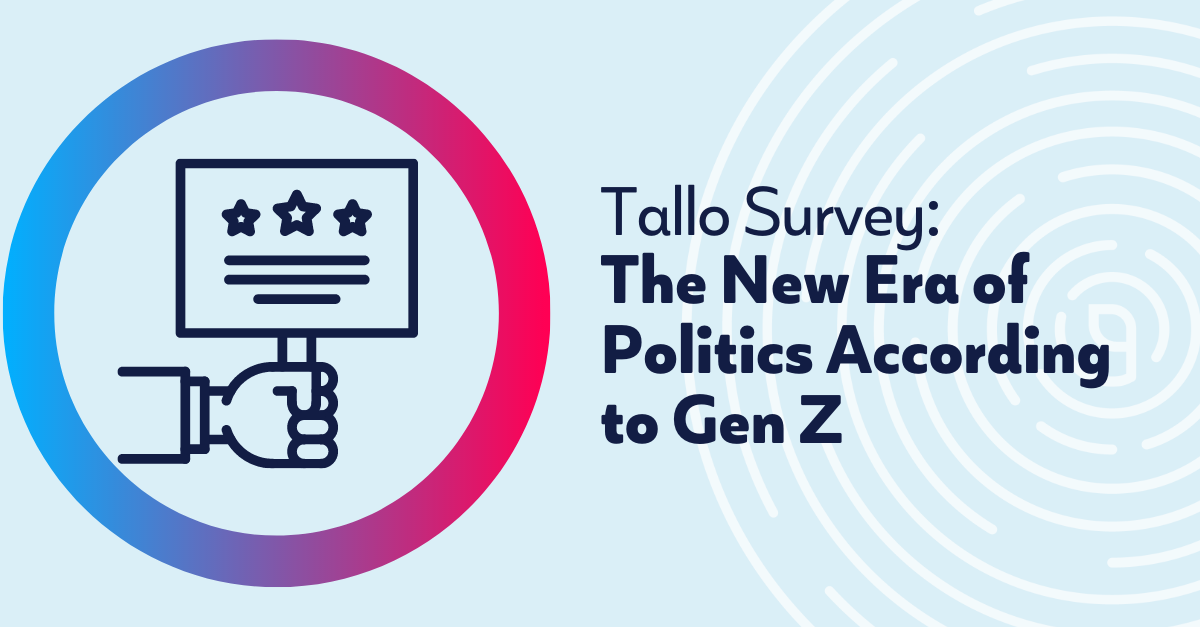What Does a Lobbyist Actually Do?
So, you’re thinking about how to become a lobbyist? Forget the stereotypes you’ve seen in movies. It’s not just about secret handshakes in smoky backrooms. Let’s be honest here. The profession is about strategy, data, and relentless communication. A lobbyist is, at their core, an advocate. Their primary job is to represent the interests of their client or employer before government bodies. This could be a corporation, a nonprofit, or an industry association. Many lobbyists are hired to promote or defeat a specific piece of legislation.
Essential Education and Degrees for a Lobbying Career
Ever wondered what it takes to get your foot in the door? While there’s no single mandatory path, your educational background is your foundation. Here’s the thing, most lobbyists start with a bachelor’s degree. It’s the baseline. You can’t really get around it. The most common and direct route is a degree in political science, which provides a deep understanding of the legislative process, government structures, and political theory. It’s the language of the world you want to enter.
However, many successful professionals pursue other fields. A degree in law, public relations, communications, or even business can be incredibly valuable. For example, a law degree is perfect for those who want to work on complex regulations, while a public relations background helps with the public-facing side of advocacy. For those looking to climb higher, a master’s degree in public policy or a related field can open doors to more senior positions. Think of it like this: your bachelor’s degree gets you into the game, but a master’s degree can help you become a star player, especially for complex policy and government work.

Key Skills Every Successful Lobbyist Must Master
Having the right degree is one thing. But what separates the good from the great in the lobbying profession? It’s all about the skills you bring to the table. (I’ve seen this happen countless times). You can have a fancy degree, but if you can’t communicate, you won’t get far. Success in this industry demands a unique blend of hard and soft skills that allow you to navigate the complex world of politics and influence. You’re probably thinking it’s all about talking, right? It’s more than that. It’s about strategic communication.
Here are some of the non-negotiable skills you’ll need to develop for a successful lobbying career:
- Exceptional Communication and Public Speaking: You must clearly articulate your positions to legislators and members of the media.
- In-depth Research and Analytical Abilities: Lobbyists must understand complex legislation, regulations, and industry data to build a case.
- Masterful Negotiation and Persuasion: The core of the job is to influence lawmakers and find common ground.
- Unwavering Integrity and Understanding of Ethics: Navigating strict ethics law is crucial for a long-term career.
- Strategic Thinking: You must be able to see the big picture and plan long-term campaigns to promote your interests.
Gaining Relevant Experience to Enter the Industry
Let’s talk reality. A degree and sharp skills are crucial, but without experience, your resume will end up at the bottom of the pile. So how do you get it? You have to be proactive. The path to becoming a paid lobbyist almost always begins with entry-level positions or internships that immerse you in the world of government and politics. Think of 22-year-old Maria, a recent political science graduate from Austin. She didn’t land a high-paying lobbyist job right away. Instead, she started with an unpaid internship for a state legislator. It was tough. Long hours, little pay.
But here’s what she gained: an invaluable, firsthand look at the legislative process. She learned who the key players were, how meetings were conducted, and how a bill actually moves through the system. This is the kind of experience employers are looking for. You can find these opportunities in several places:
- On Capitol Hill or at your state legislature.
- Volunteering for a political campaign.
- Working for a trade association or a nonprofit with an advocacy arm.
- Joining a public relations or a dedicated lobbying firm as a junior associate.
These positions are your training ground. They help you build a network, understand the real-world application of your education, and establish the connections needed to pursue your first official lobbying job.
[Image: A group of young professionals in business attire having a discussion in front of a government building.]
Understanding Lobbying Laws, Ethics, and Registration
Here’s what nobody tells you when you’re just starting out: the lobbying industry is one of the most heavily regulated professions in the country. And for good reason. The potential to influence government action means there must be strict rules to prevent corruption and ensure transparency. You can’t just decide to be a lobbyist one day and start talking to lawmakers the next. You must register. The Lobbying Disclosure Act (LDA) is a federal law that requires lobbyists to register with the government, specifically with the Secretary of the Senate and the Clerk of the House of Representatives.
This isn’t just a one-time thing. Lobbyists must file regular reports that disclose who they are lobbying for, the issues they are working on, and how much money they have spent. It’s all public information. These regulations are designed to bring lobbying out of the shadows. Beyond the law, there are strict ethics rules governing what lobbyists can and cannot do, such as providing gifts to government officials. A violation can end a career and lead to hefty fines. Understanding and embracing these rules is a non-negotiable part of the job.
Where Do Lobbyists Work? Exploring Career Opportunities
One of the most exciting aspects of a lobbying career is the sheer variety of organizations that need representation in the halls of government. You’re not limited to one single industry. The skills you develop are transferable across countless sectors, allowing you to advocate for the interests and concerns you are most passionate about. This diversity means you can build a career that aligns with your personal and professional goals. So, where do most lobbyists find their job?
Take David, a 35-year-old who started his career at a nonprofit focused on environmental issues. After a few years, he was hired by a technology company to lead their government affairs team, working on legislation related to data privacy. His journey shows the flexibility of the profession. You’ll find positions in many places.
A comparison of common educational paths and their relevance to a lobbying career. A bachelor’s degree is the typical starting point, but advanced degrees can provide a competitive edge for specialized policy positions.
| Degree Path | Key Skills Developed | Typical Time to Complete | Relevance to Lobbying Career |
| Bachelor’s Degree (Political Science) | Research, writing, understanding of legislative process | 4 Years | High: The foundational degree for many lobbyists. |
| Bachelor’s Degree (Public Relations) | Communications, media strategy, public speaking | 4 Years | High: Excellent for shaping public opinion and messages. |
| Bachelor’s Degree (Business) | Financial acumen, understanding of corporations | 4 Years | Medium: Best for representing business or industry interests. |
| Master’s Degree (Public Policy) | Advanced policy analysis, quantitative research | 2 Years | Very High: Prepares professionals for high-level policy work. |
| Juris Doctor (Law Degree) | Legal analysis, regulation, ethics, advocacy | 3 Years | Very High: Essential for lobbying on complex legal and regulatory issues. |
Source: Data compiled from university program information and job descriptions for lobbying positions.
Your Step-by-Step Action Plan to Become a Lobbyist
Feeling overwhelmed? Don’t be. Breaking into the lobbying profession is a marathon, not a sprint. Let’s boil it all down into an actionable plan. This is your checklist to go from aspiring advocate to a hired professional making a real impact. You have the knowledge, now it’s time to put it into motion. The journey requires dedication, but with a clear strategy, you can navigate the path and pursue the career you want. You can do this.
Here’s your step-by-step guide to launch your lobbying career:
- Earn Your Bachelor’s Degree: Focus on relevant fields like political science, law, communications, or business.
- Gain Hands-On Experience: Actively seek internships or volunteer positions with government officials, campaigns, or advocacy groups.
- Build Your Professional Network: Attend industry events, conduct informational interviews, and connect with professionals on LinkedIn.
- Master Essential Skills: Hone your public speaking, research, and negotiation abilities. Don’t be afraid to practice.
- Develop Niche Expertise: Become an expert in a specific policy area, whether it’s healthcare, technology, or finance.
- Learn the Law and Ethics: Familiarize yourself with all registration and disclosure requirements before you begin your job search.
- Craft a Targeted Resume: Tailor your resume to highlight the specific skills and experiences that lobbying employers are looking for.
Commonly Asked Questions
Below are commonly asked questions we get asked about this topic.
What if I don’t have a political science or law degree?
You can still pursue a lobbying career. Many lobbyists come from diverse fields like communications, business, or specific industry backgrounds (e.g., healthcare, tech). Strong communication skills, expertise in an industry, and a deep network can be just as valuable.
Do I need special certification to be a lobbyist?
While there isn’t a single, universally required lobbyist certification, you must legally register with the government. Some professional organizations offer voluntary certifications or training programs that can enhance your credentials and knowledge of ethics and compliance regulations.
How important are ethics in a lobbying career?
Ethics are critically important. The profession is governed by strict laws and regulations regarding transparency, gifts to government officials, and reporting. A successful and sustainable lobbying career depends on maintaining a reputation for integrity and strict adherence to all ethical guidelines.
How much money do lobbyists spend?
The amount of money spent on lobbying is substantial. Organizations and corporations spend billions of dollars collectively each year to represent their interests. These funds cover salaries, research, and communications, and all spending must be publicly disclosed to comply with regulations.






